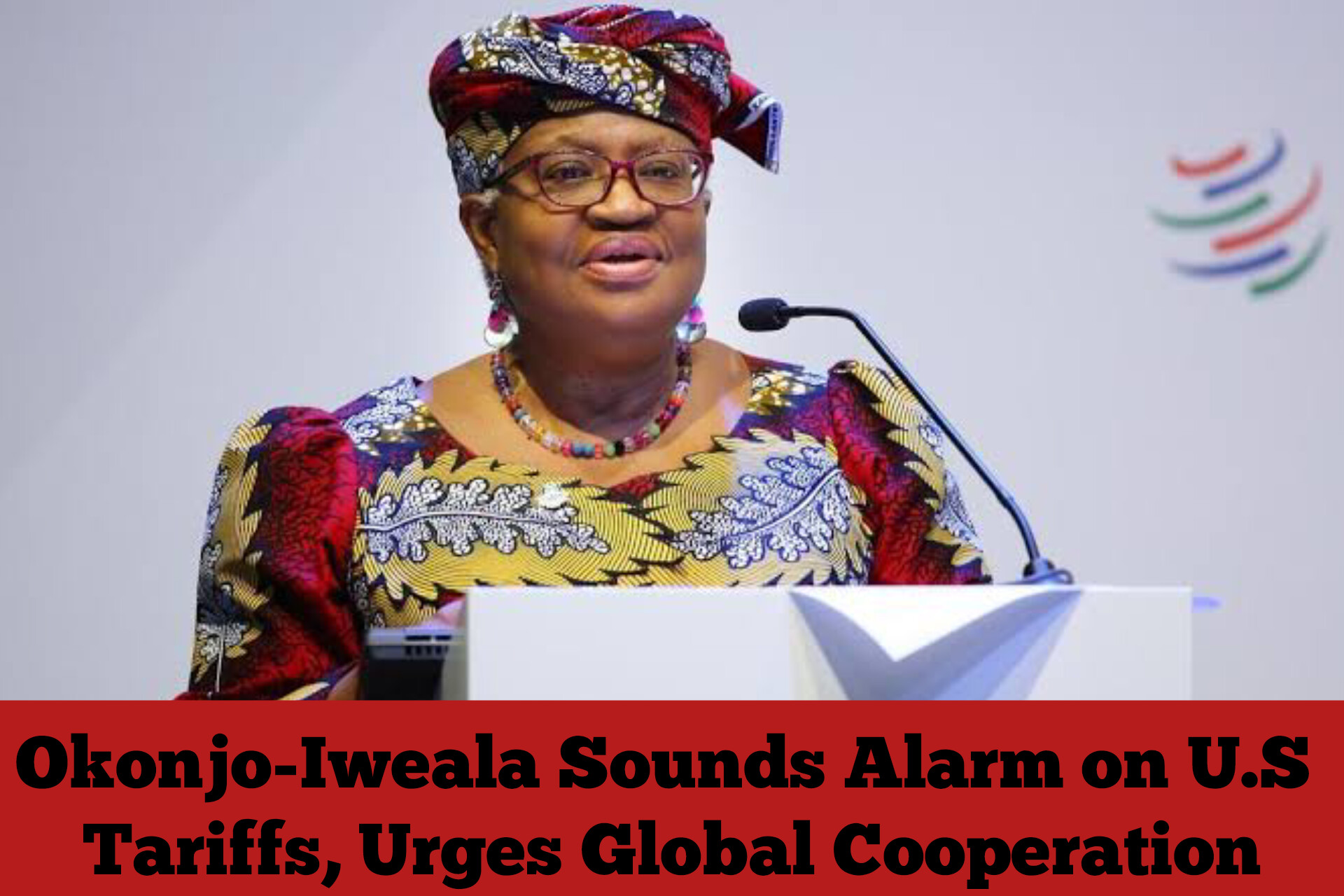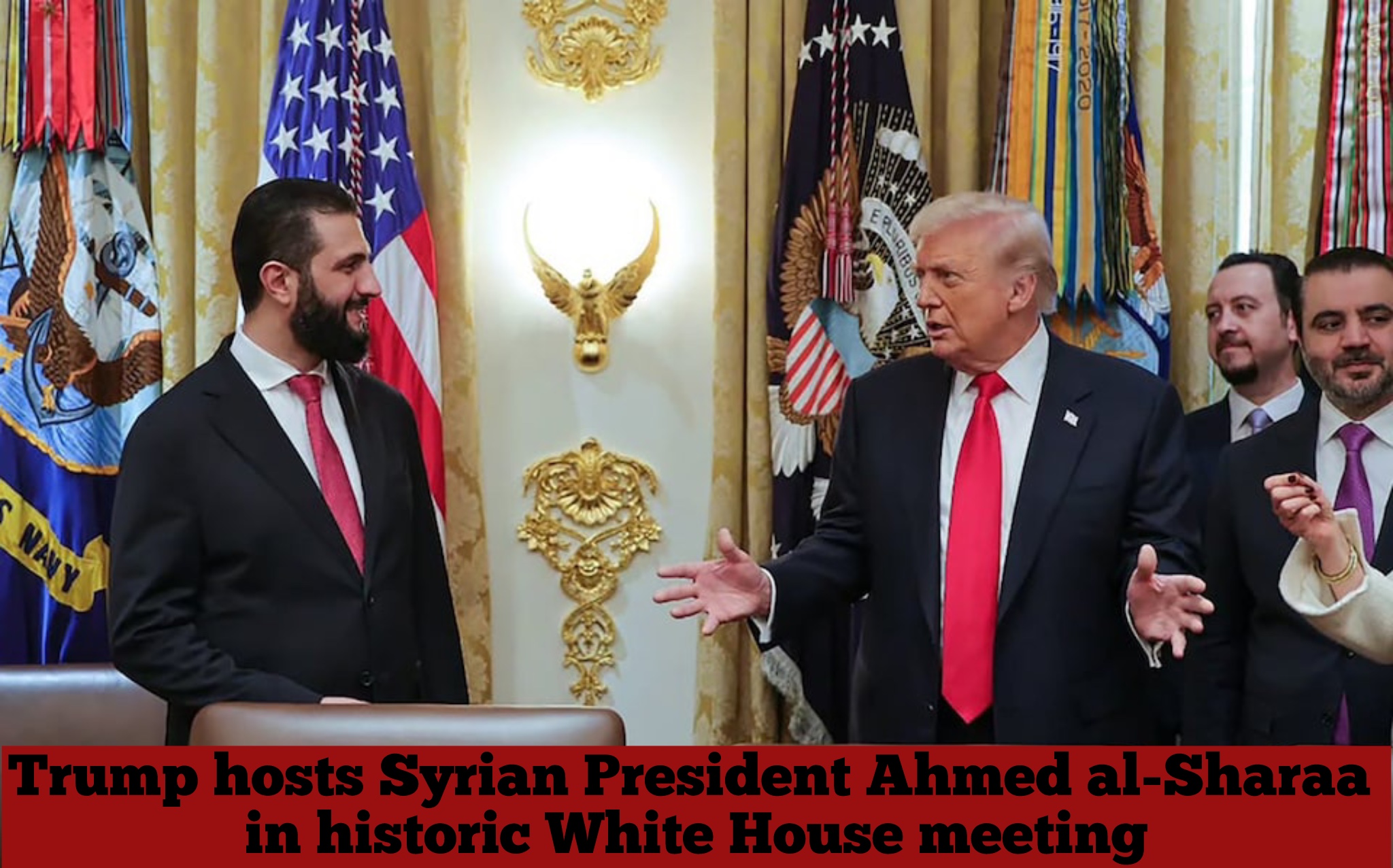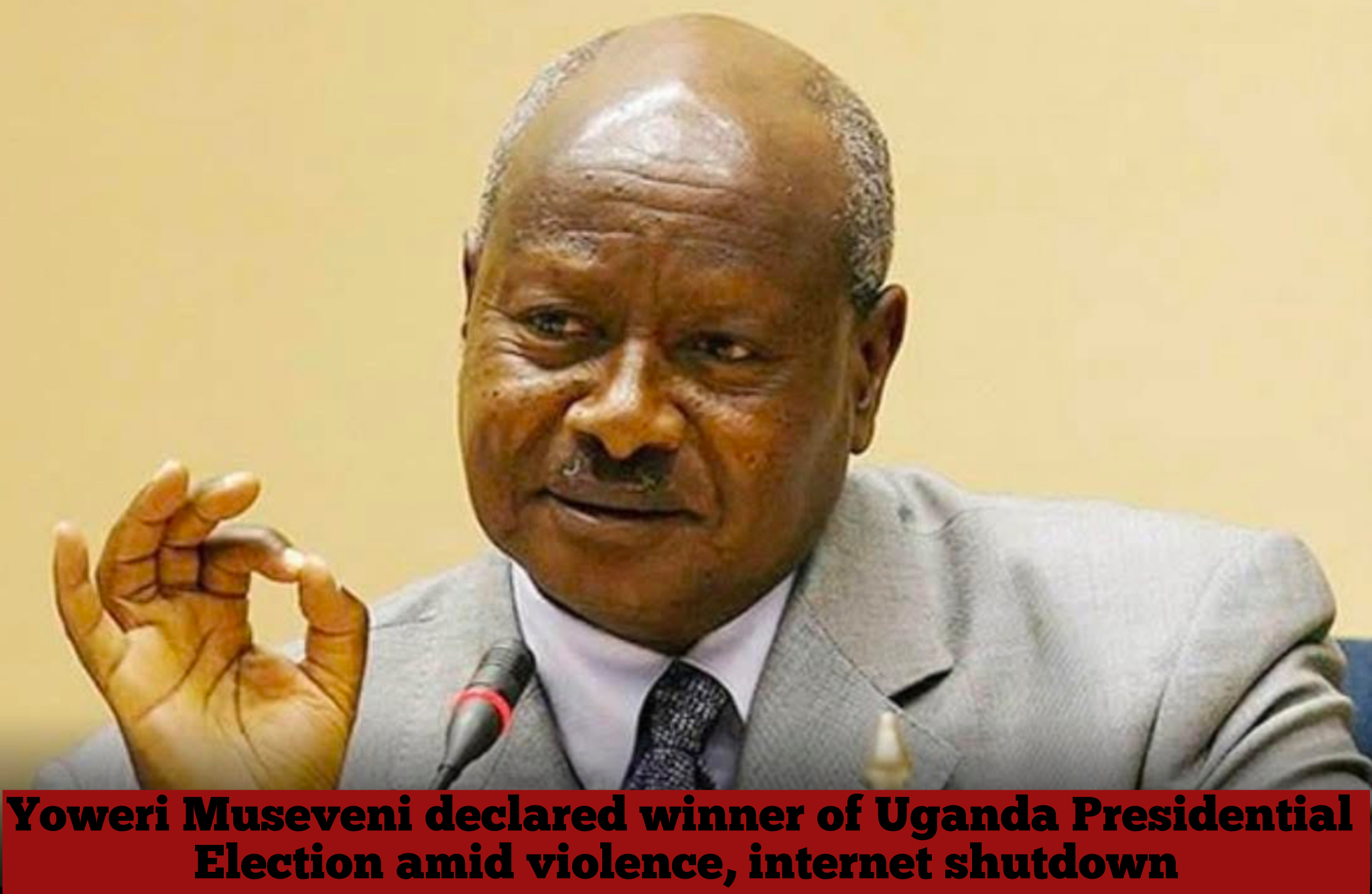The Director-General of the World Trade Organization (WTO), Dr. Ngozi Okonjo-Iweala, has issued a stark warning about the economic repercussions of newly imposed U.S. tariffs, cautioning that the measures could significantly undermine global trade and economic growth.
Speaking in a statement released Thursday, Okonjo-Iweala said the WTO is actively engaging with its member states to assess and respond to the fallout from the U.S. decision, which includes a 14 percent tariff on imports from Nigeria.
The tariffs, announced by U.S. President Donald Trump on April 2, affect all global imports and have already drawn concern from several WTO members. “The recent announcements will have substantial implications for global trade and economic growth prospects,” Okonjo-Iweala stated.
Preliminary WTO estimates suggest that the cumulative effect of these tariffs, along with other trade measures introduced earlier this year, could cause global merchandise trade volumes to contract by about 1 percent in 2025 — a sharp revision from previous growth projections.
“This represents a downward revision of nearly four percentage points,” the WTO chief noted, warning that continued escalation could trigger retaliatory trade actions and further economic strain.
Despite the current volatility, Okonjo-Iweala emphasized that most global trade still operates under the WTO’s Most-Favored-Nation (MFN) terms, though that figure has slipped from 80 percent at the start of the year to 74 percent.
“It is important to remember that, despite these new measures, the vast majority of global trade still flows under WTO’s MFN terms,” she said, urging members to “collaborate and manage the situation responsibly to avoid worsening trade conflicts.”
Okonjo-Iweala concluded by reaffirming the WTO’s role as a critical platform for resolving trade tensions and maintaining stability in the global trading system. “The WTO was established to serve precisely in moments like this — as a platform for dialogue, to prevent trade conflicts from escalating, and to support an open and predictable trading environment,” she said.




